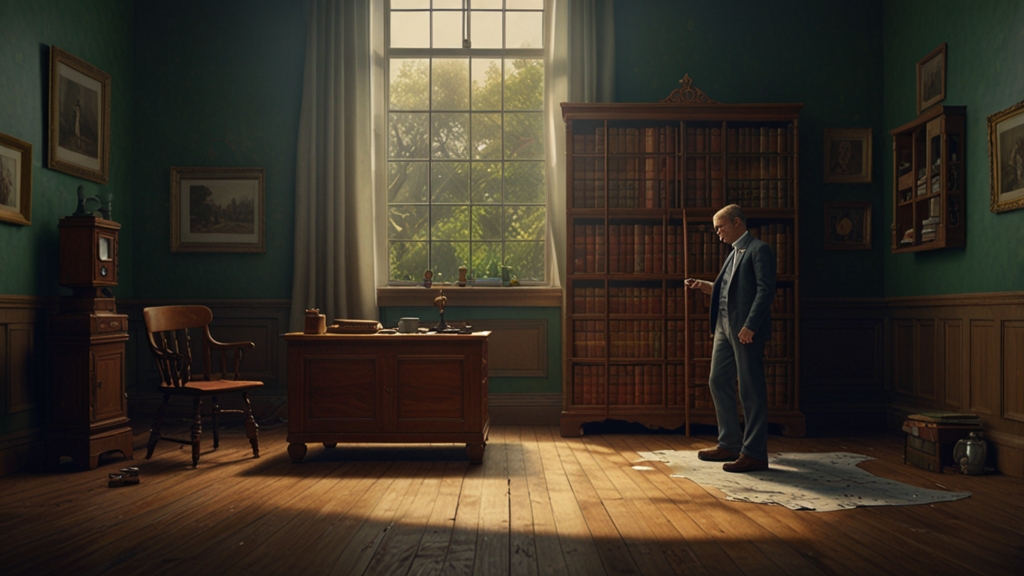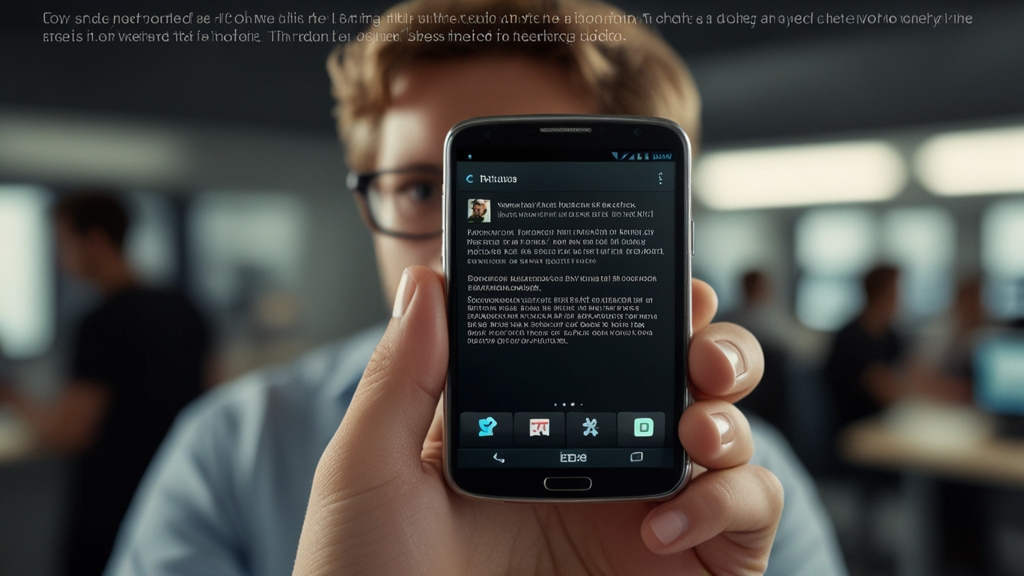A Journey into the World of Riddles and Puzzles
Riddles and puzzles have fascinated humanity for centuries, offering a blend of entertainment, mental exercise, and cultural richness. As one of the oldest forms of intellectual challenge, riddles test not only our logical thinking but also our wit and creativity. Similarly, puzzles, in their myriad forms, provide a playground for problem-solving and strategy. This article delves into the intriguing realm of riddles and puzzles, exploring their history, significance, and the joy they bring.
The Historical Roots of Riddles
The origin of riddles can be traced back to ancient civilizations. The Sphinx's riddle from Greek mythology is one of the oldest recorded examples. This famous riddle asked by the Sphinx was, "What walks on four legs in the morning, two legs at noon, and three legs in the evening?" The answer, "Man," represents the stages of human life, encapsulating a profound truth through a simple yet clever question.
“Riddles are miniature works of art. Some of them, when you think deeply, reveal ancient wisdom wrapped in mystery.” — Anonymous
In many cultures, riddles were used not just as a form of entertainment but also as a means of passing down knowledge and traditions. For instance, in the Middle Ages, riddles were often included in literature and religious texts to provoke thought and introspection.
The Evolution of Puzzles
Puzzles, like riddles, have a rich history, evolving from simple jigsaw puzzles to complex mathematical challenges. The first known jigsaw puzzle was created around 1760 by John Spilsbury, a London engraver and cartographer. This early puzzle was a map affixed to wood and cut into pieces, intended as an educational tool for children to learn geography.
“A good puzzle can give you all the pleasure of being duped that a mystery story can.” — Raymond Chandler
Over time, puzzles diversified into various forms, including crosswords, Sudoku, Rubik's cubes, and more. Each type of puzzle demands a unique set of skills and thinking patterns, contributing to their widespread appeal. Crosswords test vocabulary and general knowledge, while Sudoku challenges numerical and logical skills. The Rubik's cube, invented in 1974 by Ernő Rubik, has become a global phenomenon, requiring spatial reasoning and algorithmic thinking.
The Cognitive Benefits of Riddles and Puzzles
Engaging with riddles and puzzles is not just about fun but also offers numerous cognitive benefits. Studies have shown that solving puzzles can improve memory, enhance problem-solving skills, and boost mood. Regular engagement with these mental activities promotes neuroplasticity, helping to keep the brain agile and healthy.
Moreover, riddles and puzzles encourage creative thinking. Unlike straightforward problems, riddles often require lateral thinking - approaching the problem from a different angle. This fosters an innovative mindset, which can be beneficial in various aspects of life.
The Joy and Community of Puzzle Solving
Beyond individual benefits, riddles and puzzles also bring people together, fostering a sense of community. Puzzle clubs, escape rooms, and online forums dedicated to these activities are popular worldwide. These platforms allow enthusiasts to share their passion, exchange challenges, and collaborate on solving puzzles, creating a vibrant, supportive community.
“In every walk with nature one receives far more than he seeks. The same holds true for puzzles - in every challenge, one gains more than just the solution.” — adapted from John Muir
The global appeal of puzzles is evident in annual competitions like the World Jigsaw Puzzle Championship and the World Puzzle Championship, where participants from various countries compete and celebrate their love for puzzle-solving.
Conclusion
The world of riddles and puzzles is a testament to the boundless creativity and intellectual curiosity of humanity. From ancient riddles that reveal deep truths to modern puzzles that challenge our minds in new ways, these mental exercises continue to captivate and enrich our lives. Whether you are a casual solver or a dedicated enthusiast, the journey into the world of riddles and puzzles is one of endless discovery and joy.








